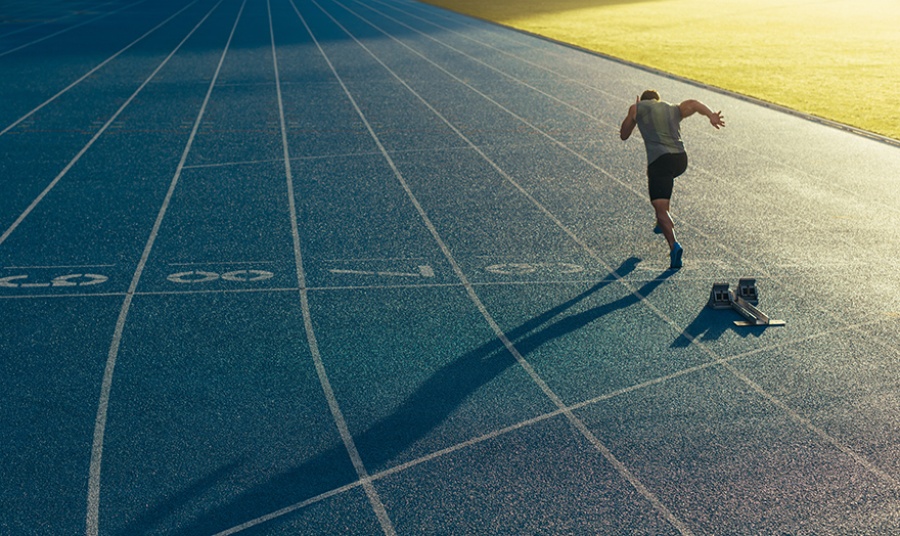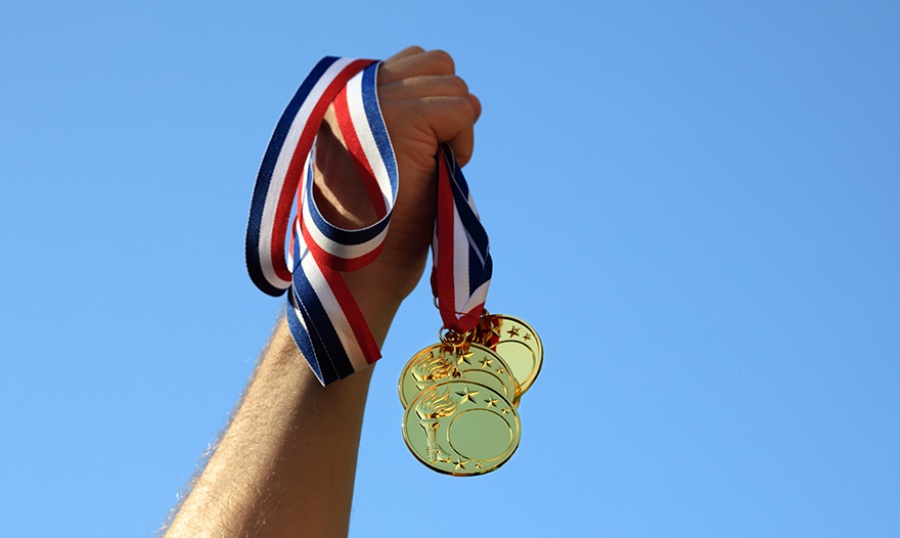With the Olympic Games occurring only once every four years – two years between each winter and summer games – athletes have to be quick to seize business opportunities based on their sometimes fleeting fame.
Competitors capable of avoiding injury and staying at the pinnacle of elite fields for four full years and returning to multiple Olympic Games are rare, meaning they can go from being the most popular athlete to faded obscurity in the blink of an eye. Many have made huge, lasting names for themselves within their particular sport’s community, but that is not always a profitable market.

For some, it makes complete sense to pursue business ventures within their sport. Michael Jordan makes more than current NBA basketball players through his shoe and clothing lines aimed at athletes, for example. Olympic champion gymnasts like Nastia Liukin, Aly Raisman, and Simone Biles have launched their own lines of leotards with GK Elite sportswear.
They have ventured into other areas, too; Raisman recently sold-out her new line of socks with company Feat in under a week; Liukin announced a new higher-fashion collaborative line just before the Rio Olympics began.
In a way, these athletes' collections and partnerships are similar to franchises, sub-sections of a larger company over which they have control. Granted, their control tends to be more in terms of design and promotion, but they are utilising an established brand name and business model to market their product.

Some Olympians, such as Great Britain’s track superstar Sally Gunnell, who won a gold and a bronze medal at the 1992 Olympic Games in Barcelona, capitalise on athletic success and recognisability to found a business. Gunnell began Sally Gunnell’s Corporate Wellbeing years after running her last race.
Gunnell, and athletes like her, have one key advantage over other franchisees: in many cases, these athletes have become their own brand, gathering public interest and trust that is then used in conjunction with an existing brand that also has a respectable reputation.
For this reason, some Olympians do venture into standard franchising.
Entrepreneurs and small business owners are quick to point out the personality traits similar between themselves and elite athletes. Both are tenacious, determined, problem-solvers, passionate, self-motivated, calm under pressure and hard-working. They stop at nothing to meet their goals and, as they see themselves as their own competition, are constantly pushing to better themselves and those around them.

Venus Williams, who has four Olympic gold medals in tennis, for example, is a Jamba Juice franchisee, owning four in her home country. The gold medallist curler from the 2006 Olympics, Brad Gushue, opened three Menchie’s frozen yogurt franchises in 2012. Basketball gold medallist Shaquille O’Neal owns over 150 Five Guys franchises, among other food franchises.
Smoothie Factory, a successful smoothie franchise with several locations in North America, was founded ten years ago by James Villasana, an Olympic athlete in taekwondo. After not winning a medal in a sporting event that is not one of the most profitable, Villasana was looking to provide healthy fuel to other athletes and the general public while also supporting himself financially.
Like franchisors and franchisees, Olympians see themselves as part of a team. In team-based events, the leaders and breakout stars hammer home the importance of teamwork and cooperation. Even in solo events, athletes are quick to thank their coaches, trainers, and family, as making it to the Olympic Games takes a village.
Similarly, when starting a business, it may be your business, but it is not done alone. Franchisors continually tell franchisees they are like a family, supporting each other in hard times so that eventually everyone will end up atop the podium.
Learn more about our fantastic franchise opportunities here.














